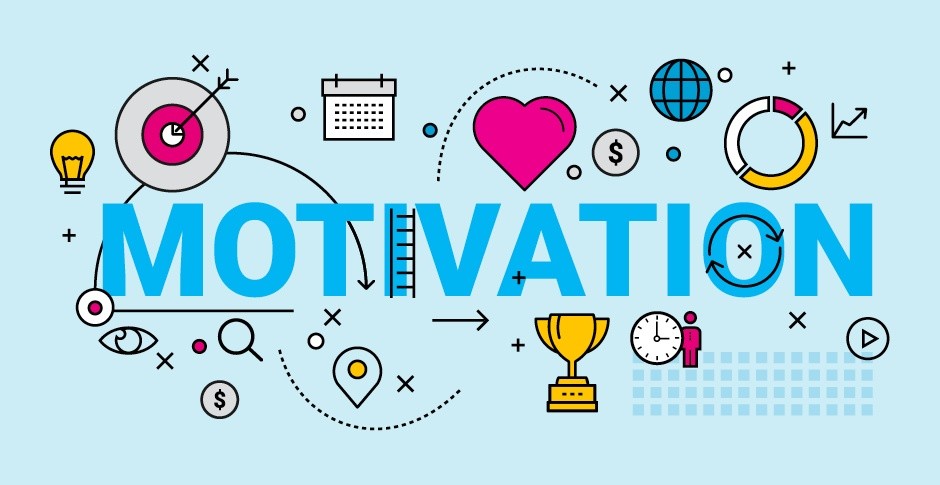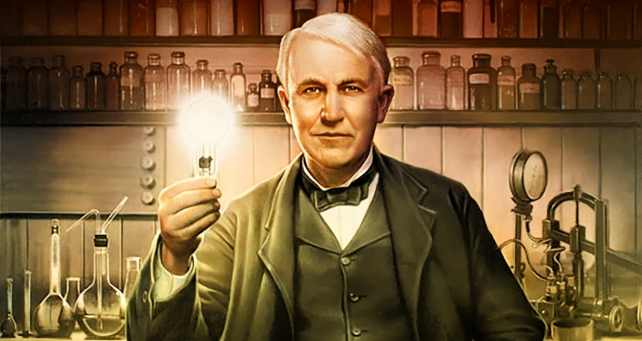The Psychology of Motivation: Understanding Drive and Ambition
Have you ever wondered what makes some people leap out of bed each morning, ready to tackle the world, while others hit the snooze button repeatedly? Why do some individuals relentlessly pursue their goals, while others struggle to find the motivation to even set one? Welcome to the fascinating world of the psychology of motivation—a domain that seeks to unravel the mysteries behind drive and ambition.
Motivation is a fundamental aspect of human behaviour. It is the force that propels us to act, to achieve, and to strive for something more. Understanding motivation is crucial, not only for personal growth but also for fostering better relationships, enhancing productivity, and improving overall well-being. In this blog post, we'll dive deep into the essence of motivation, explore its key aspects, and uncover why it's so relevant in our daily lives.
Defining Motivation
At its core, motivation refers to the processes that initiate, guide, and sustain goal-oriented behaviours. It is what causes you to take action, whether it's getting a glass of water to quench your thirst or applying for a job to achieve your career aspirations. Psychologists generally categorize motivation into two types: intrinsic and extrinsic.
Intrinsic
Motivation: This type of motivation comes from within. It is driven by internal
rewards and personal satisfaction. For instance, someone might play the piano
not for public applause but because they genuinely enjoy the act of playing and
the sense of accomplishment it brings.
Extrinsic Motivation: This type of motivation, on the other hand, is driven by external rewards such as money, grades, or praise. For example, an employee might work extra hours to earn a bonus or recognition from their boss.
Key Aspects of Motivation
To truly understand motivation, it's essential to explore its various components and theories. Here are some key aspects that offer a comprehensive view of what drives us:
1. Maslow's Hierarchy of Needs
One of the most well-known theories in psychology, Maslow's Hierarchy of Needs, posits that human motivation is based on a series of hierarchical needs. These range from basic physiological needs (such as food and shelter) to higher-level psychological needs (like self-actualization). According to Maslow, individuals are motivated to fulfil these needs in a specific order, starting with the most basic.
2. Self-Determination Theory
This
theory suggests that people are motivated to grow and change by three innate
and universal psychological needs: competence, autonomy, and relatedness. When
these needs are met, individuals experience enhanced self-motivation and
well-being.
3. Goal-Setting Theory
Proposed by Edwin Locke, this theory highlights the importance of setting specific and challenging goals. According to Locke, clear goals and appropriate feedback contribute to higher levels of motivation and performance.
4. Expectancy Theory
Developed
by Victor Vroom, expectancy theory explains motivation in terms of expected
outcomes. It suggests that individuals are motivated to act in a certain way
based on the expected result of the action, the perceived likelihood of
achieving that result, and the value they place on the result.
The Relevance of Motivation
Understanding motivation is not just an academic exercise; it has practical implications in various areas of life:
1. Personal Development:
Recognizing what motivates you can help you set and achieve personal goals, overcome procrastination, and lead a more fulfilling life.
2. Education:
Teachers who understand student motivation can create more engaging and effective learning environments, tailoring their teaching methods to foster intrinsic motivation.
3. Workplace:
Employers who tap into their employees' motivational drivers can enhance job
satisfaction, increase productivity, and reduce turnover.
4. Health and Fitness:
Understanding what motivates individuals to adopt healthy behaviours can lead to better health outcomes and more effective interventions.
Insights, Anecdotes, and Examples
Let's make this exploration more relatable with some real-life insights and examples.
The Story of Thomas Edison
Thomas Edison, one of the most prolific inventors in history, is a prime example of intrinsic motivation. His drive was not fueled solely by the desire for financial gain or fame but by a profound passion for invention and discovery. Despite thousands of failures, Edison’s intrinsic motivation kept him going, leading to groundbreaking inventions like the phonograph and the electric light bulb.
The Marathon Runner
Consider
a marathon runner training for months to compete in a race. While extrinsic
factors like medals and recognition play a role, the intrinsic satisfaction of
pushing personal limits and achieving a sense of accomplishment often serves as
a more powerful motivator. The journey of training, overcoming physical and
mental barriers, and finally crossing the finish line embodies the essence of
intrinsic motivation.
A Teacher’s Perspective
Mrs.
Johnson, a high school teacher, noticed a significant improvement in her
students' performance when she shifted her focus from extrinsic rewards (like
grades) to fostering a love for learning. By encouraging students to explore
topics they were passionate about and providing autonomy in their projects,
Mrs. Johnson tapped into their intrinsic motivation, resulting in a more
engaged and enthusiastic classroom environment.
The Science Behind Motivation
To understand motivation on a deeper level, it's essential to delve into the biological and neurological aspects.
The Role of Dopamine
Dopamine, often referred to as the "feel-good" neurotransmitter, plays a crucial role in motivation. It is involved in reward-seeking behaviour and helps regulate movement and emotional responses. When you set a goal and make progress towards it, your brain releases dopamine, creating a sense of pleasure and reinforcing the behaviour. This neurological feedback loop is vital in sustaining motivation.
The Influence of Mindset
Psychologist Carol Dweck's research on mindset has significant implications for motivation. Dweck distinguishes between a "fixed mindset" (believing abilities are static) and a "growth mindset" (believing abilities can be developed). Individuals with a growth mindset are more likely to embrace challenges, persist in the face of setbacks, and see effort as a path to mastery—all key components of sustained motivation.
Emotional Regulation
Emotions are deeply intertwined with motivation. Positive emotions like joy, pride, and excitement can enhance motivation, while negative emotions like fear, anxiety, and frustration can undermine it. Learning to regulate emotions effectively is crucial for maintaining motivation, especially in the face of obstacles.
Practical Tips for Enhancing Motivation
Armed with an understanding of motivation, here are some practical tips to boost your own drive and ambition:
1. Set Clear Goals
Define
specific, achievable, and meaningful goals. Break them down into smaller,
manageable steps to maintain momentum and track progress.
2. Find Your Why
Identify the underlying reasons for your goals. Understanding the deeper purpose behind your actions can provide a powerful source of intrinsic motivation.
3. Create a Supportive Environment
Surround yourself with people who inspire and encourage you. A positive and supportive environment can significantly enhance your motivation.
4. Celebrate Small Wins
Acknowledge and celebrate your progress, no matter how small. Recognizing achievements along the way reinforces positive behaviour and keeps you motivated.
5. Embrace Challenges
View challenges as opportunities for growth rather than obstacles. Adopting a growth mindset can help you stay motivated, even when faced with difficulties.
6. Stay Flexible
Be open to adjusting your goals and strategies as needed. Flexibility allows you to adapt to changing circumstances and maintain motivation over the long term.
Conclusion
The psychology of motivation is a rich and complex field, offering profound insights into what drives us to pursue our goals and aspirations. Whether it's the intrinsic joy of achieving personal milestones or the extrinsic rewards of recognition and success, motivation is the engine that propels us forward. By understanding the key aspects of motivation, recognizing its relevance in various domains of life, and applying practical strategies to enhance it, we can unlock our full potential and lead more fulfilling, ambitious lives.
So, the next time you find yourself struggling to get out of bed or questioning why you're working so hard, remember the intricate web of psychological processes at play. Embrace your motivations, both intrinsic and extrinsic, and let them guide you towards a life of purpose and achievement. The journey of understanding motivation is ongoing, and the more you delve into it, the more you'll discover about yourself and what truly drives you.







Comments
Post a Comment